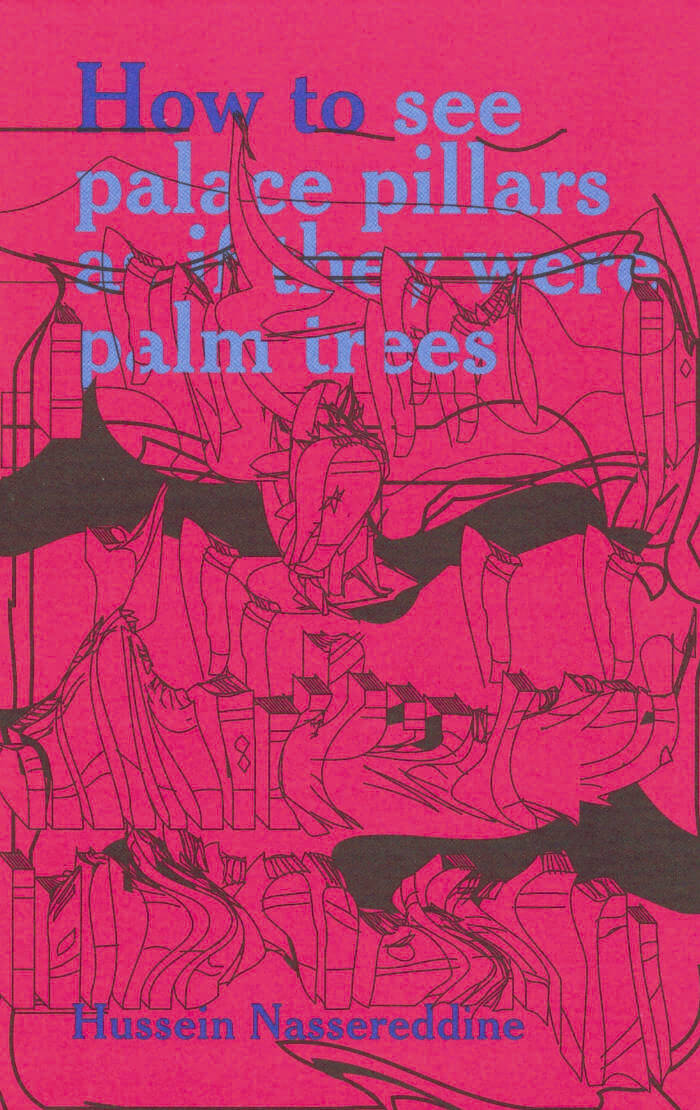
The Straight Mind
A collection of political, philosophical, and literary essays from the acclaimed novelist and French feminist writer Monique Wittig. Monique Wittig's first collection of essays centering on women's struggle for liberation from sexism and classism. These nine essays comprise a thoughtful and unique approach to the study of historical materialism and dialectics, and transverse philosophical, political, and literary theory.
Monique Wittig describes this collection as a focus on "lesbian materialism," in which she examines men and women as distinct classes rather than as "essentialist" categories. "Lesbians are not women," writes Monique Wittig, and she presents powerful ideas about how the idea of "woman" is socially constructed and used to convey certain images. It is not enough, she argues, to transform economic oppression because not all oppression is, at the source, economic.
Sexism will continue to exist even in a society where all people have equal economic opportunities. Only by transforming our thought processes, and in turn, our language, can we transform our society into one in which there is no longer the dominant and the dominated: "In other words, this means there cannot any longer be women and men, and that as classes and categories of thought or language they have to disappear, politically, economically, ideologically." Controversial and abstract, these are essays that challenge and provoke on both intellectual and emotional levels.
Language: English







